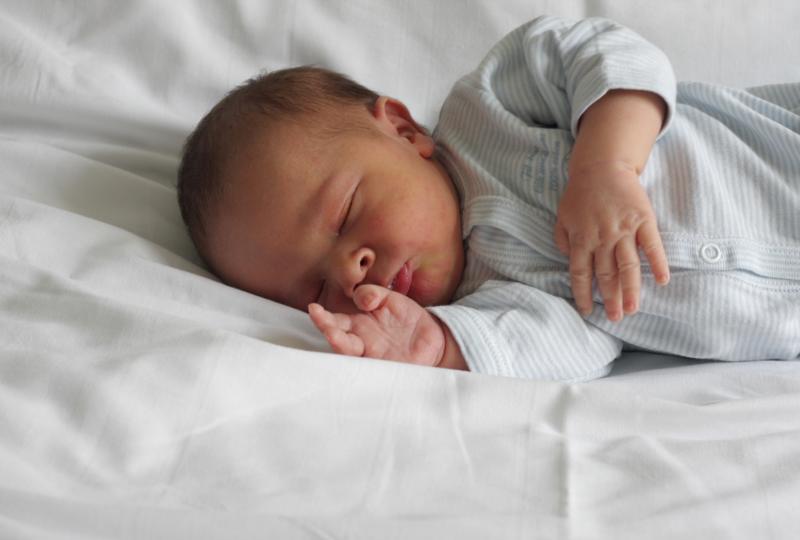New Study Links Preterm Birth With Sleep Disorders
Some Factors
Children that were born preterm are at a much higher risk for sleep apnea and continuous movement while sleeping. The risk of learning problems down the road are just one reason researchers suggest screening sleep problems in preterm children. Parents who have had cases with children developing sleep disorders may have a genetic factor coming into play, as well. Paying attention to the emotional response of the child has added benefits, too. Attention and emotional details both come into play when diagnosing preterm infants with a sleeping disorder.
Decreased sleep and breathing issues could result in a less sold emotional state and increased negative thoughts. Cognitive behavioral therapy could assist in helping the preterm infant find better sleep, which assists in a more restful night for the parents and caregivers alike.



